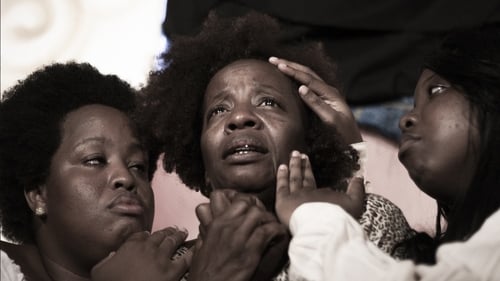Da cor de Ébano (2014)
Genre : Documentary
Runtime : 45M
Director : Sarah Rolland, Nicole Bitton
Synopsis
The film tells the story of a generous, engaged and provided woman who, with the help of other teachers, focuses on culture, art and the appreciation of black beauty, accompanying young Afro-descendant teenagers from Trancoso in the reconquest and value of their cultural identity.










